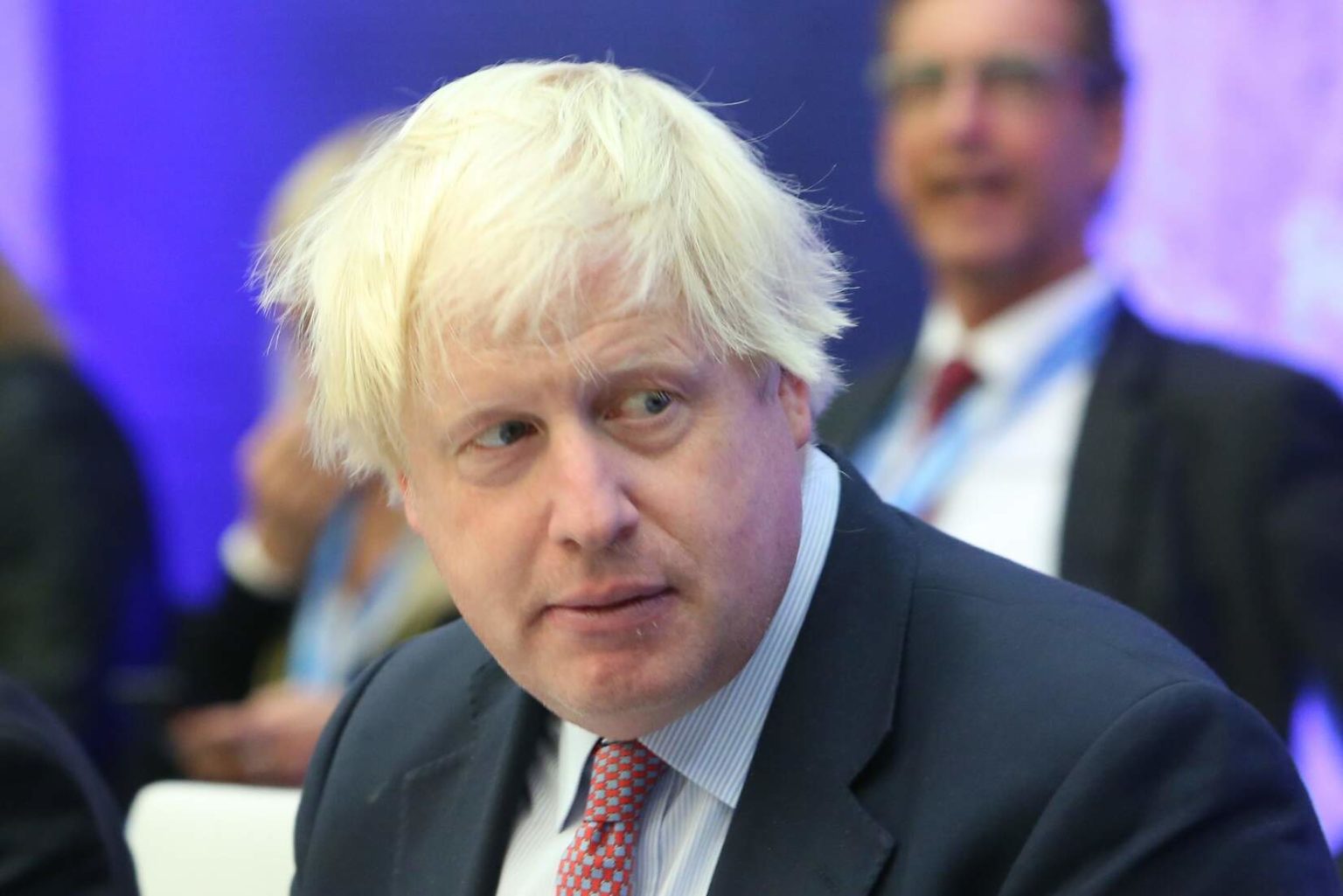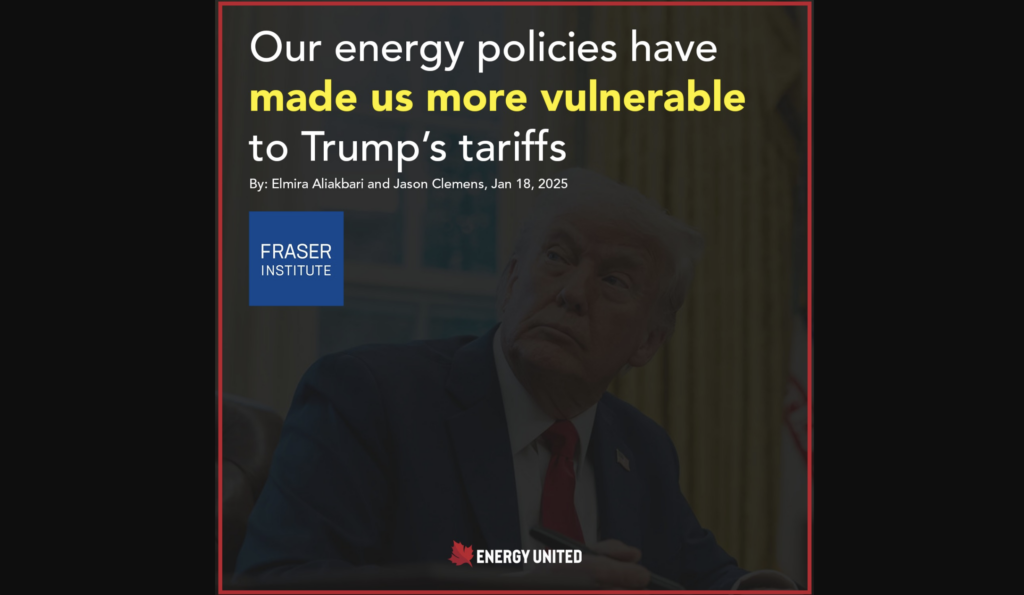Campaigners are demanding the Government reject greenwash by excluding all major polluters from sponsorship of next year’s pivotal UN climate talks.
The UK has this week announced its first four partners for COP26: energy giants SSE and Scottish Power, the National Grid (owned by both SSE and Scottish Power) and banking firm NatWest Group.
Environmentalists have cautiously welcomed the move to reject fossil fuel companies such as BP, Shell, and Equinor, after they extensively lobbied the Government for a place at the talks in Glasgow next November.
But green groups are also questioning whether the newly appointed sponsors tally with the Government’s climate pledges – including the choice of SSE, whose gas-fired power station at Peterhead last year emitted 1.6 million tonnes of carbon dioxide, making it the largest source of carbon dioxide emissions in Scotland.
‘Route to greenwash’
Mary Church, Friends of the Earth Scotland’s Head of Campaigns, said in a statement: “While the very worst big oil companies are notably missing from this initial list of sponsors, the companies chosen by the UK Government are hardly showing the kind of climate leadership we urgently need at this stage in the crisis.”
“This first announcement indicates that it is going down the route of greenwashing rather than showing the real leadership needed to tackle climate breakdown in this critical decade for climate action.”
In August, the Government announced it was looking for candidates who were “making real contributions to the fights against climate change”, had “strong climate credentials”, and “set ambitious net zero commitments by 2050 or earlier”.
This was interpreted as ruling out fossil fuel companies, but the Government’s sponsorship announcement suggests otherwise.
Like what you’re reading? Become a DeSmog patron today!
Scott Tully from campaign group Glasgow Calls Out Polluters said SSE was a “terrible choice”.
“They are failing the climate by constructing the only new gas-fired power station in England and by running Scotland’s most polluting power station,” he said in a statement.
“They have very recently failed Scottish communities by outsourcing much needed renewable energy jobs to the lowest bidder. They do not have the credentials to be associated with such an important summit and should be dropped from the list of sponsors unless they move away from their climate-wrecking business plans.”
NatWest’s climate credentials have also come under scrutiny, having financed $12.12 billion (£9.15 billion) worth of fossil fuel projects and companies since 2016.
Climate leadership
The appointments were anticipated by a cross-coalition of green groups, which launched a petition to exclude big polluters from COP26 last month.
Jess Worth, from campaign group Culture Unstained, said the appointments were “nowhere near good enough”. The companies’ “ongoing links to fossil fuels makes holding them up as climate leaders dangerous”, she said.
“The UK Government seems to have bought into the industry rhetoric that somehow future fossil fuel use is compatible with hitting the Paris climate goals.”
“The science tells us it is not, and unfortunately their choice of sponsors suggests they are not planning on showing the kind of bold and decisive leadership we so desperately need from the hosts of this pivotal summit.”
The row comes as Prime Minister Boris Johnson announced his “Ten Point Plan” for a Green Industrial Revolution yesterday, which includes becoming a world leader in carbon capture, eliminating emissions as the UK transitions to net zero, and creating 250,000 jobs.
Read more – Ministers Met With Fossil Fuel Producers 149 Times While Planning Green Recovery
As part of the selection process, COP26 sponsors are required to sign up to the “Science-Based Targets” initiative, which asks signatories to detail a plan for aligning business practices to the 2015 Paris Agreement.
In addition to fossil fuel-linked sponsors, the COP26 Unit awarded Boston Consulting Group a £1.2 million contract for strategy implementation at the summit, according to a report on Channel Four News. On its website, the consultancy firm says it advises 19 of the world’s leading 25 oil companies.
In a statement, COP26 President Alok Sharma said the first four sponsors had demonstrated “ambitious climate leadership through setting net zero commitments and Science Based Targets”.
Alistair Phillips-Davies, SSE Chief Executive, defended the company’s record, saying: “It is businesses like SSE that will provide the solutions and infrastructure to decarbonise and deliver economic recovery for the long-term. Climate ambitions can feel a long way off, but we are acting now by investing £7.5bn in vital low-carbon infrastructure for the UK and Ireland – supporting jobs and creating opportunities. As the eyes of the world fall on Glasgow at this pivotal moment, we’re proud to partner with the UK Government to play our part in delivering a net zero future.”
Main image credit: Annika Haas/Wikimedia/CC EU2017EE Estonian Presidency
Updated 23/11/2020 to clarify SSE‘s Peterhead gas-fired power station is Scotland’s largest CO2 emitter.
Subscribe to our newsletter
Stay up to date with DeSmog news and alerts







